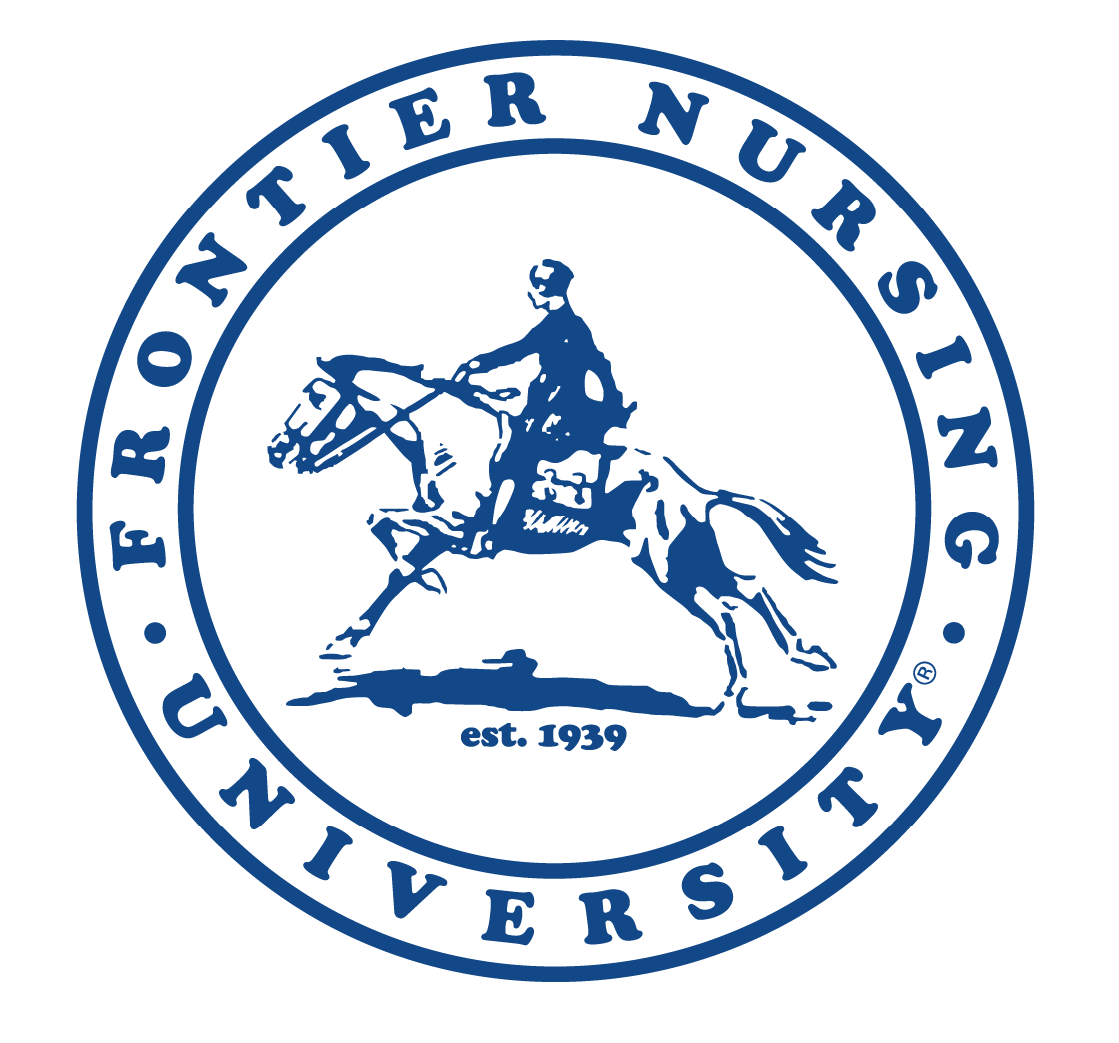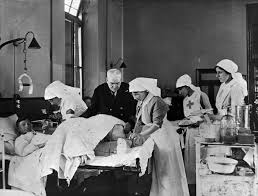 At its very core, nursing has been around for centuries, although the profession of nursing started at the height of the Roman Empire, around 300 A.D. The Empire wanted to place a hospital within every town under its rule. Nurses were needed to assist doctors in caring for patients in the newly-erected hospitals.
At its very core, nursing has been around for centuries, although the profession of nursing started at the height of the Roman Empire, around 300 A.D. The Empire wanted to place a hospital within every town under its rule. Nurses were needed to assist doctors in caring for patients in the newly-erected hospitals.
Modern Nursing Born in the Middle Ages
During the Middle Ages, the nursing industry became infused with religion, with most nurses being nuns or monks. The early hospitals during this time offered many services, including caring for sick and injured patients and providing housing for refugees and lepers. Nurses were responsible for fulfilling more duties than most nurses today.
Stagnancy Between the 17th & 18th Centuries
At the dawn of the 17th century, the nursing profession began to diminish for many reasons. For one, nuns that had been working as nurses were forced to leave the profession and stay at home. Many monasteries and the hospitals within them also shut down. The nursing profession became stagnant between the 17th and 18th Centuries.
The Dawn of Modern Nursing
Florence Nightingale is credited with helping modernize the nursing profession. Due to the many wars being waged in the mid-1800s – from the Crimean War in Eastern Europe to the Civil War in the U.S. – the need for nursing grew again. Nightingale began her nursing career during the Crimean War, taking care of injured soldiers at a hospital in Turkey. Many soldiers died from their injuries due to a lack of general hygiene and a high number of fatal infections.
Because so many soldiers were suffering, Nightingale asked for and received aid from the British government that helped improve matters. For the remainder of her life, Nightingale advocated for sanitary living conditions for patients. She also demanded that hospitals have higher hygiene standards, an idea that took hold and created a permanent impact on the nursing profession.
Overcoming Barriers and Diversifying Nursing
Until this time, nursing had mostly been reserved for white women. But a few pioneers led the way in fighting to overcome racial, social and economic injustice, obtain professional health care education and acquire professional acceptance in the field.
One such pioneer was Jamaican nurse Mary Seacole, whose efforts closely mirrored Florence Nightingale’s during the Crimean War. Seacole, who was receiving her medical education in Europe, established a facility during the war to provide caregivers, medical attention, food and shelter for the sick and wounded.
A generation later, Mary Eliza Mahoney became the first African American to be formally enrolled as a nursing student in 1878. She worked as a traveling nurse in New England, and co-founded the National Association of Colored Graduate Nurses (NACGN) to advocate for more opportunities for formal training for African-American nurses.
These pioneers helped break through racial barriers in a predominantly-white field and lead the push for diversity and inclusiveness in the nursing profession for future nurses.
The Emergence of Midwifery in the U.S.
During the 1900s, nurses began taking on more roles than ever before. They were given the opportunity to specialize in areas like trauma, critical care, pediatrics, and orthopedics. Nurses shifted away from simply being doctors’ assistants and toward more important duties, from performing routine procedures to prescribing medications.
The evolution of nursing profession allows nurses today to receive training in over 200 unique healthcare specialties, including nurse-midwifery.
Nurse-midwifery practice made its way from Europe into the United States with Frontier founder Mary Breckinridge as the vehicle. Mrs. Breckinridge established Frontier Nursing Service (FNS) in Leslie County, Ky. in 1925 to provide healthcare for mothers and children in remote rural areas. FNS hired nurses that were also qualified as midwives, and began educating nurses in midwifery practice in 1939 with the establishment of the Frontier Graduate School of Midwifery (now Frontier Nursing University).
Learn more about FNU’s history at frontier.edu/about-frontier/history/.
Further Your Career at Frontier Nursing University
At Frontier Nursing University, we have 80 years of experience offering Nurse-Midwifery and Nurse-Practitioner distance education programs that can be pursued full- or part-time with your home community serving as your classroom. If you’re interested in advancing your nursing career, we welcome you to apply today for the graduate nursing program you’re interested in. We look forward to hearing from you soon!
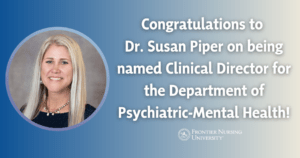
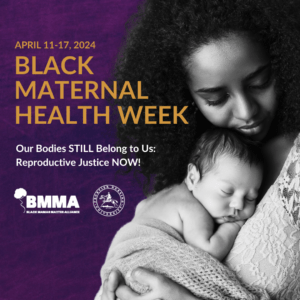
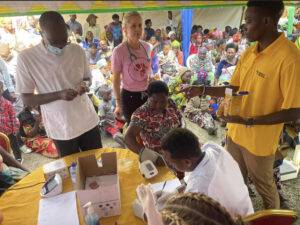


 Vanessa Cameron works for Vanderbilt University Medical Center in Nursing Education & Professional Development. She is also attending George Washington University and progressing towards a PhD in Nursing with an emphasis on ableism in nursing. After becoming disabled in April 2021, Vanessa’s worldview and perspective changed, and a recognition of the ableism present within healthcare and within the culture of nursing was apparent. She has been working since that time to provide educational foundations for nurses about disability and ableism, provide support for fellow disabled nursing colleagues, and advocate for the disabled community within healthcare settings to reduce disparities.
Vanessa Cameron works for Vanderbilt University Medical Center in Nursing Education & Professional Development. She is also attending George Washington University and progressing towards a PhD in Nursing with an emphasis on ableism in nursing. After becoming disabled in April 2021, Vanessa’s worldview and perspective changed, and a recognition of the ableism present within healthcare and within the culture of nursing was apparent. She has been working since that time to provide educational foundations for nurses about disability and ableism, provide support for fellow disabled nursing colleagues, and advocate for the disabled community within healthcare settings to reduce disparities. Dr. Lucinda Canty is a certified nurse-midwife, Associate Professor of Nursing, and Director of the Seedworks Health Equity in Nursing Program at the University of Massachusetts Amherst. She earned a bachelor’s degree in nursing from Columbia University, a master’s degree from Yale University, specializing in nurse-midwifery, and a PhD from the University of Connecticut. Dr. Canty has provided reproductive health care for over 29 years. Her research interests include the prevention of maternal mortality and severe maternal morbidity, reducing racial and ethnic health disparities in reproductive health, promoting diversity in nursing, and eliminating racism in nursing and midwifery.
Dr. Lucinda Canty is a certified nurse-midwife, Associate Professor of Nursing, and Director of the Seedworks Health Equity in Nursing Program at the University of Massachusetts Amherst. She earned a bachelor’s degree in nursing from Columbia University, a master’s degree from Yale University, specializing in nurse-midwifery, and a PhD from the University of Connecticut. Dr. Canty has provided reproductive health care for over 29 years. Her research interests include the prevention of maternal mortality and severe maternal morbidity, reducing racial and ethnic health disparities in reproductive health, promoting diversity in nursing, and eliminating racism in nursing and midwifery. Dr. Lisa Meeks is a distinguished scholar and leader whose unwavering commitment to inclusivity and excellence has significantly influenced the landscape of health professions education and accessibility. She is the founder and executive director of the DocsWithDisabilities Initiative and holds appointments as an Associate Professor in the Departments of Learning Health Sciences and Family Medicine at the University of Michigan.
Dr. Lisa Meeks is a distinguished scholar and leader whose unwavering commitment to inclusivity and excellence has significantly influenced the landscape of health professions education and accessibility. She is the founder and executive director of the DocsWithDisabilities Initiative and holds appointments as an Associate Professor in the Departments of Learning Health Sciences and Family Medicine at the University of Michigan. Dr. Nikia Grayson, DNP, MSN, MPH, MA, CNM, FNP-C, FACNM (she/her) is a trailblazing force in reproductive justice, blending her expertise as a public health activist, anthropologist, and family nurse-midwife to champion the rights and health of underserved communities. Graduating with distinction from Howard University, Nikia holds a bachelor’s degree in communications and a master’s degree in public health. Her academic journey also led her to the University of Memphis, where she earned a master’s in medical anthropology, and the University of Tennessee, where she achieved both a master’s in nursing and a doctorate in nursing practice. Complementing her extensive education, she completed a post-master’s certificate in midwifery at Frontier Nursing University.
Dr. Nikia Grayson, DNP, MSN, MPH, MA, CNM, FNP-C, FACNM (she/her) is a trailblazing force in reproductive justice, blending her expertise as a public health activist, anthropologist, and family nurse-midwife to champion the rights and health of underserved communities. Graduating with distinction from Howard University, Nikia holds a bachelor’s degree in communications and a master’s degree in public health. Her academic journey also led her to the University of Memphis, where she earned a master’s in medical anthropology, and the University of Tennessee, where she achieved both a master’s in nursing and a doctorate in nursing practice. Complementing her extensive education, she completed a post-master’s certificate in midwifery at Frontier Nursing University.









 Dr. Tia Brown McNair is the Vice President in the Office of Diversity, Equity, and Student Success and Executive Director for the Truth, Racial Healing, and Transformation (TRHT) Campus Centers at the American Association of Colleges and Universities (AAC&U) in Washington, DC. She oversees both funded projects and AAC&U’s continuing programs on equity, inclusive excellence, high-impact practices, and student success. McNair directs AAC&U’s Summer Institutes on High-Impact Practices and Student Success, and TRHT Campus Centers and serves as the project director for several AAC&U initiatives, including the development of a TRHT-focused campus climate toolkit. She is the lead author of From Equity Talk to Equity Walk: Expanding Practitioner Knowledge for Racial Justice in Higher Education (January 2020) and Becoming a Student-Ready College: A New Culture of Leadership for Student Success (July 2016 and August 2022 Second edition).
Dr. Tia Brown McNair is the Vice President in the Office of Diversity, Equity, and Student Success and Executive Director for the Truth, Racial Healing, and Transformation (TRHT) Campus Centers at the American Association of Colleges and Universities (AAC&U) in Washington, DC. She oversees both funded projects and AAC&U’s continuing programs on equity, inclusive excellence, high-impact practices, and student success. McNair directs AAC&U’s Summer Institutes on High-Impact Practices and Student Success, and TRHT Campus Centers and serves as the project director for several AAC&U initiatives, including the development of a TRHT-focused campus climate toolkit. She is the lead author of From Equity Talk to Equity Walk: Expanding Practitioner Knowledge for Racial Justice in Higher Education (January 2020) and Becoming a Student-Ready College: A New Culture of Leadership for Student Success (July 2016 and August 2022 Second edition).